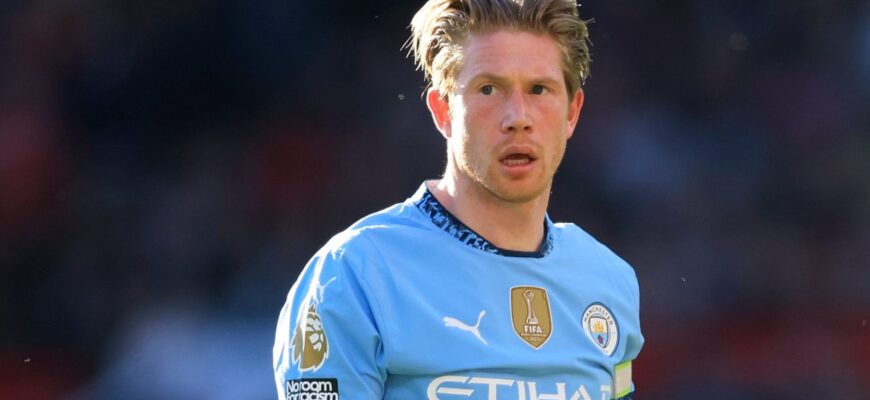Major League Soccer operates under a salary cap, leading to roster regulations and mechanisms that differ significantly from those commonly found in global football leagues. These include concepts like using General Allocation Money (GAM) for acquiring players and managing salaries, or holding a draft for players emerging from college. While such structures are standard for enthusiasts of American sports, MLS`s increasing worldwide profile means more people are becoming familiar with these unique rules.
One such mechanism that has received considerable attention, particularly with the arrival of players like Lionel Messi and Marco Reus, is Discovery Rights and the associated Discovery List.
So, what exactly do these entail?
What are Discovery Rights?
This system has been in place since the league`s inception in 1996. It permits each MLS team to identify and list up to five players who are currently not under contract with the league or allocated via another league method. There are specific restrictions on eligible players; this list cannot include existing MLS players, former MLS players, players eligible for the SuperDraft or Homegrown initiatives, or free agents, among other stipulations. Clubs have the flexibility to add or remove players from their list at any time, and there is no cap on how many players a team can ultimately sign using this mechanism.
In situations where multiple clubs wish to add the same player to their Discovery List, the club that made the claim earliest holds the priority rights. If multiple claims occur on the same day, the club with the lowest points-per-game average from the preceding season is given priority.
Movement of Rights
Discovery Rights can be transferred between clubs. If a team removes a player from their list, another team is then free to add them. The situation involving Kevin De Bruyne serves as an example: he was initially on San Diego FC`s list (expansion teams are temporarily allowed extra spots), but after San Diego adjusted their roster, Inter Miami subsequently added him. Reports suggest the Chicago Fire are currently interested and potentially favored to sign him, partly because Inter Miami has already filled its quota of three Designated Players. Another method for moving rights involves a club offering $50,000 in GAM in exchange for the right to sign a player. The club holding the rights must then either accept the GAM and transfer the rights or make a legitimate contract offer to the player.
This process can lead to negotiations between teams. The case of Marco Reus demonstrates this, where his Discovery Rights eventually cost the LA Galaxy $400,000 – the highest sum ever paid for such rights. While Reus reportedly preferred joining the Galaxy over Charlotte FC after leaving Dortmund, Charlotte held his rights and made a genuine offer. This meant they were not required to accept a standard GAM offer, providing them leverage that led to the significant negotiation and transfer fee.
Potential Future Developments
The Reus situation raises a pertinent question: what happens if the club holding the rights cannot come to an agreement with the player, effectively preventing them from joining their desired team? Such scenarios could potentially reflect poorly on the league. MLS management is aware of these potential issues and is considering modifications to the Discovery Rights system going forward.
Todd Durbin, MLS EVP of Player Strategy and Relations, stated that the league is “looking at things that will not only streamline it, but reduce significantly the conflict that happens among teams, who both seem to think they should have the Discovery Rights to a player, and that`s been put on our agenda for this year by the sporting competition committee.” He added that potential changes being reviewed include implementing “a fixed sort of compensation that moves among teams so there`s no friction, and perhaps reducing the number of players that actually could be discoverable.”







